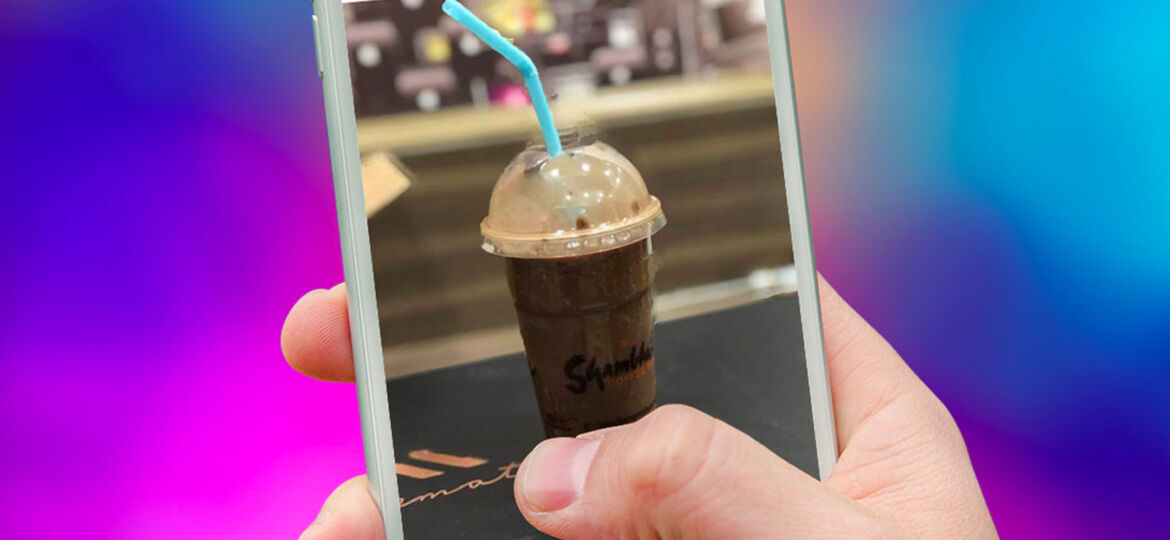
WHY THIS MATTERS IN BRIEF
The cameras in our gadgets can do alot more than take photos, and with just a minor tweak we can use them to create living 3D photos.
Leveraging the extra “depth” data found in some iPhone photographs, Facebook today announced the rollout of 3D Photos – images that look flat at first, but which can be examined from different angles either through Facebook itself, or using Oculus Virtual Reality (VR) headsets. Furthermore, one day, as smartphone cameras get better and more accurate at capturing image depth details, the principles behind this technology could be used to help users quickly create high definition immersive VR environments that don’t require them to know anything about coding, design, or VR – something that could help eventually accelerate VR adoption, and impact a wide range of sectors from education to healthcare and tourism.
The basic premise of a 3D Photo is that the dual cameras on the iPhone 7 Plus, 8 Plus, X, and XS model can capture depth data in addition to the flat image — data that has generally been used solely to create blurred backgrounds in portrait mode. However, software can use that data to understand some of the scene’s 3D characteristics, then simulate them in an image you can move around with your finger or a cursor.
“Simulation” is the key word here. iPhone apps have offered similar functionality since before Apple started to include depth-sensing cameras on its devices, and the results ranged from somewhat interesting to ghoulish, for example, imagine a person appearing to bulge out of a flat surface as if their skin were attached to the wall – or don’t. It’s freaky… But with newer cameras and better depth data, Facebook’s results can look pretty believable, and the company suggests composing images with multiple layers, colors, and textures to achieve the best results.
You’ll need one of these listed iPhones to create a 3D Photo, and doing so is just a matter of creating a Facebook post, tapping on the three dots, which is a new addition on Facebook, to bring up a list of post options, selecting 3D Photo, and picking an image from your Portraits album. Once posted, the image will be viewable by any Facebook user, as well as in VR through the Oculus Browser on Oculus Go or Firefox on the Oculus Rift.
The viewing feature is rolling out to users today, and the creation feature will start with some users today, becoming available to everyone “in the coming weeks,” so it may or may not be available when you go to use the app. A tutorial video is available here for those of you who’d like to see the new tech in action.
















